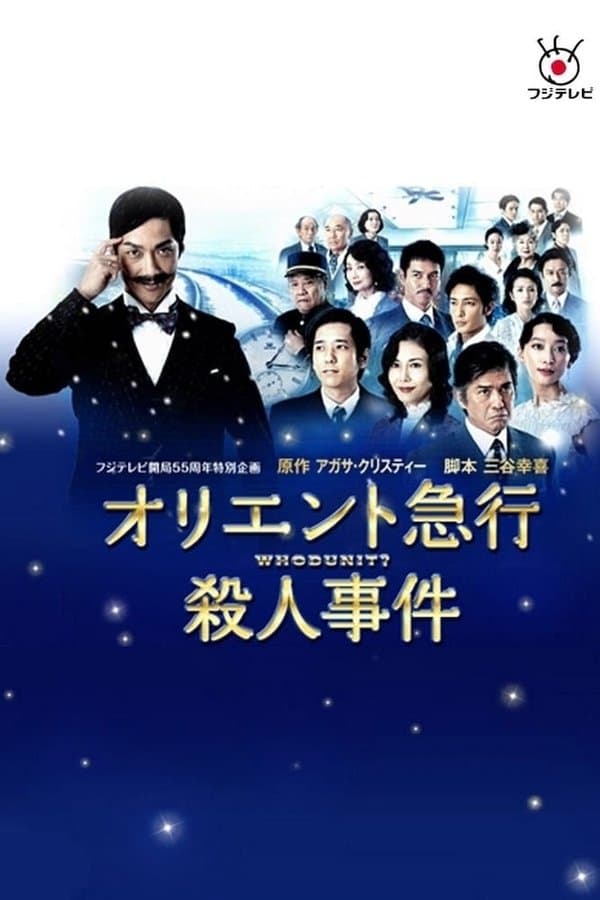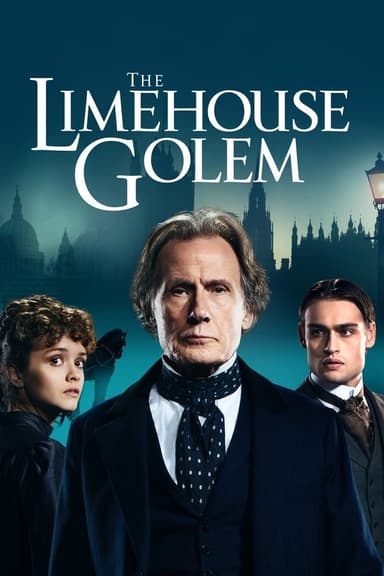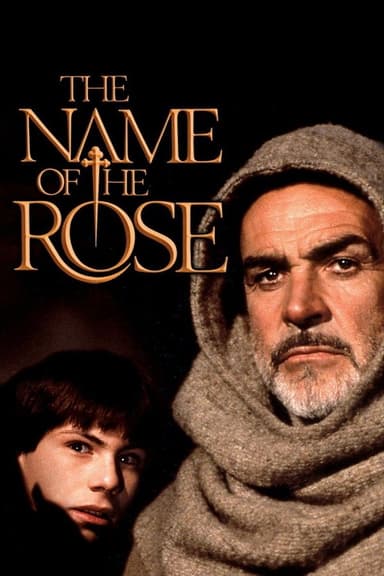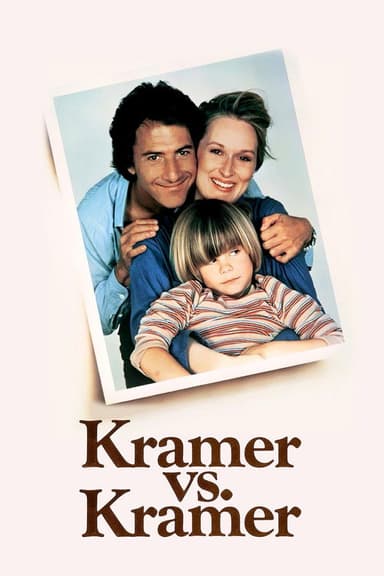
Murder on the Orient Express
2015 • Crime, Drama, Mystery, TV Movie
The Japanese adaption of Agatha Christie's famous whodunit "Murder on the Orient Express".
Runtime: 4h 40m
Why you should read the novel
Before you press play on any screen version, experience Agatha Christie’s Murder on the Orient Express as the original novel. The book delivers the purest Hercule Poirot mystery, packed with carefully planted clues, razor-sharp dialogue, and immersive 1930s atmosphere that no movie can fully replicate.
Reading the novel lets you ride along with Poirot’s mind. You get every interview, every inconsistency, and every tiny detail that builds to Christie’s legendary twist. If you love classic detective fiction, the Murder on the Orient Express book is a masterclass in fair-play mystery writing.
Choose the source material for richer character nuance and the authentic voice of Agatha Christie. Whether you’re searching for the best mystery books to read or comparing book vs movie, start with the original Murder on the Orient Express novel and savor the story as it was meant to be told.
Adaptation differences
Book vs movie differences begin with structure. The 2015 adaptation is notable for reshaping the narrative rhythm—streamlining interviews, rearranging clue reveals, and heightening visual suspense—while the novel unfolds methodically through Poirot’s step-by-step interrogations and deductions.
Character presentation also shifts. Screen versions compress or combine suspects, alter backstories, and sometimes localize names and nationalities to fit the production’s setting, whereas the Agatha Christie novel meticulously distinguishes each passenger’s identity, alibi, and motive in classic Golden Age detail.
Clues and tone diverge as well. The book relies on dialogue, subtle inconsistencies, and Poirot’s psychological reading; the adaptation foregrounds visual evidence, brisk pacing, and heightened emotion. Some conversations are abbreviated or replaced with cinematic set pieces, changing how readers vs viewers experience the logic of the solution.
The ending plays differently. Christie’s novel famously presents two possible solutions for the authorities, inviting a moral choice; many screen versions—including the 2015 release—condense this into a single, emotionally emphatic resolution. The result is a more definitive on-screen conclusion, while the book preserves a nuanced ethical debate at its climax.
Murder on the Orient Express inspired from
Murder on the Orient Express
by Agatha Christie













